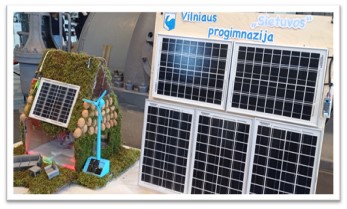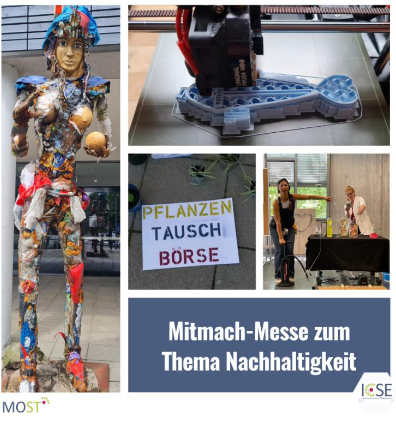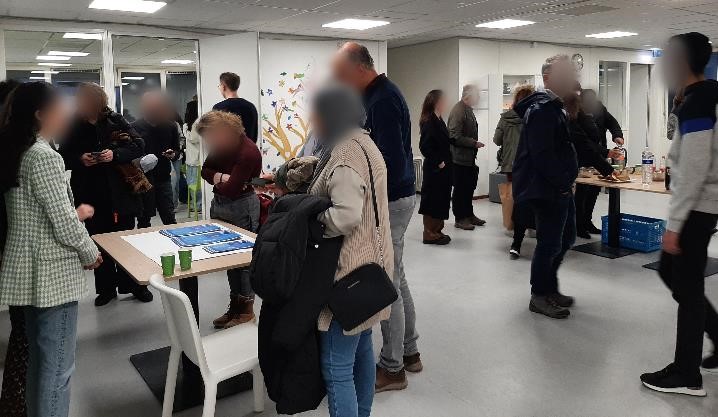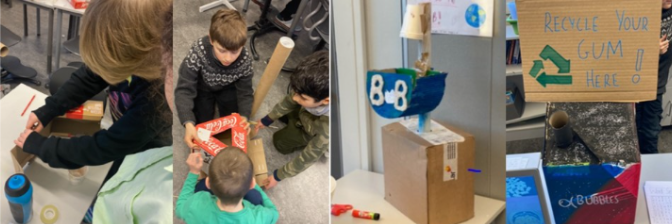Brief report about the MOST Fairs in ten European countries
by Josette Farrugia and Stephen Bezzina, University of Malta
The MOST project (Meaningful Open Schooling Connects Schools to Communities, 2020-2023) sought to address key challenges experienced in European countries and globally namely the need for skilled employees in STEM-related sectors, the need to educate today’s and tomorrow’s citizens for a life that relies on science and technology and the need to empower citizens in tackling and finding solutions to challenges that are environmental in nature. Schools and regional communities were engaged in research and innovation processes, and given opportunities for discussions, co-creation and actions related to local needs and challenges

The online MOST Fair in Turkey

A model prsented in the MOST Fair in Lithuania
The work carried out by schools on these school-community projects was then shared with other schools through the MOST fairs. One main objective of the fairs was to maximise the impact and strengthen regional efficacy by connecting different school-community projects within a region and showing how schools may serve as agents of community well-being. This brief report gives an overview of these MOST fairs, their participants, organization and impact.
The ten European countries participating in the MOST project organized two rounds of MOST fairs. The first step of the process involved the preparation of a set of guidelines for the organization of these fairs. These guidelines were developed by the MOST team of the University of Malta (WP5 lead) to support the partner countries in the organization of the MOST fairs.
Two rounds of fairs were organised in the partner countries. These were held during the 2021-22 school year and 2022-23 school year, respectively. Over 7,400 students, teachers, stake holders and members of the public participated in these fairs. The MOST fairs showed that there is a great educational potential in organizing such events. The student-empowerment, the sharing between schools, the further opening of schools to the community and public in general, the opportunities for networking and cooperation with NGOs and private companies were all possible through the fairs.

A variety of activities at one of the German MOST Fairs
Photo: ICSE

Visitors at the MOST Fair in the Netherlands
To help other institutions organize such fairs, the project is recommending the use of the Guidelines for the Organization of fairs that it has developed with practical suggestions for planning and organizing both physical and remote fairs. These can be adapted according to the context of the fair and the needs of the fair. Brief accounts of the fairs run by each partner country are given as an Appendix to this report.
We greatly encourage institutions or interested persons to introduce these fairs in their region. With time they can be improved and scaled up. It is important to include various stakeholders, and to give a possibility for teachers and students to present the results of their school-community projects. It is also recommended to include some educational activities such as a workshop, a visit, a show or a discussion as part of the event. Having a reward and recognition for schools that implemented SCPs is also recommended.

Impressions from the Norwegian MOST Fair
